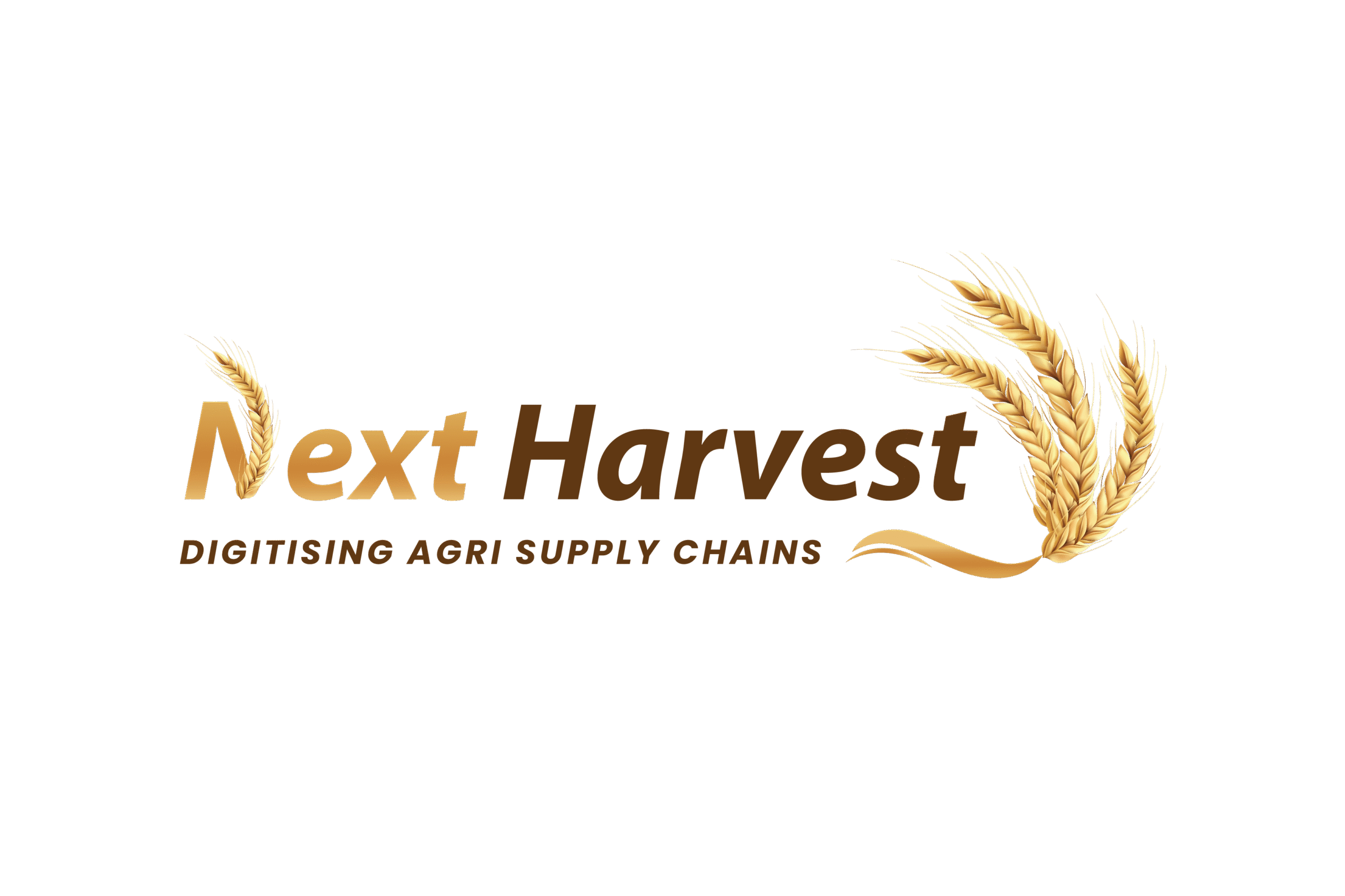Introduction
Trust is the currency of trade. Yet in Africa’s agriculture, lack of transparency often leads to exploitation, fraud, and inefficiency. Farmers don’t trust buyers; buyers don’t trust farmers; both lose out. Transparency is not optional—it’s essential.
The Cost of Opaque Trade
- Farmers underpaid by 30–40% due to hidden costs.
- Buyers face fake offers, poor quality, or delays.
- Governments lose tax revenue due to informal transactions.
“Transparency in agricultural markets is not optional—it is the foundation for trust, inclusivity, and growth.
— Food Systems Policy Analyst, Dr. Samuel Okoro
The Role of Transparency in Building Trust
1. Fair Pricing
When all parties see the same data, manipulation is impossible.
2. Traceability
Buyers know where products come from, building trust.
3. Accountability
Farmers and traders are verified—reducing fraud.
4. Market Confidence
Transparency builds long-term relationships.
How Next Harvest Ensures Transparency
- RFQ-based trade: Buyers and sellers negotiate in an open process.
- Verification: Users are verified before listing.
- Data-driven insights: Market prices updated regularly.
- Status tracking: Buyers and sellers follow trade progress in real-time.
Why Transparency Matters Globally
In a competitive world, African farmers must meet international standards. Transparency isn’t just about local trust—it’s about positioning Africa as a reliable supplier to global markets.
Conclusion
Transparency is the foundation of inclusive, sustainable, and profitable trade. Platforms like Next Harvest Africa don’t just move commodities—they build trust, credibility, and long-term growth.


